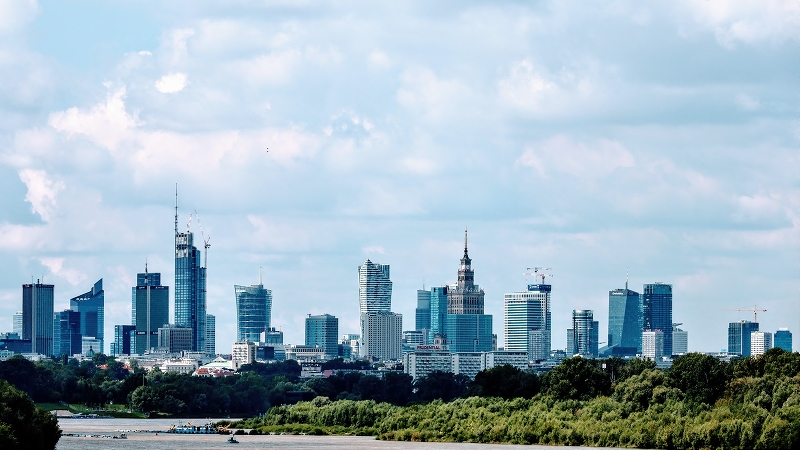Polish Economic Institute (PIE) Deputy Director Andrzej Kubisiak emphasized that, according to the forecast projected in the International Labor Organization (ILO) report, “Poland will be first in the EU and second in the world when it comes to rebuilding its job market during the coronavirus crisis.”
According to data from the (ILO) cited by the Polish Economic Institute, the number of hours worked in 2020 globally decreased by 8.9 percent year-over-year due to the Covid pandemic.
The ILO explained that the lost hours worked show the scale of decreased employment, both due to lowering working time while maintaining employment and complete job losses.
“The balance of the two years of the coronavirus crisis on a global scale may reach up to 125 million full-time jobs lost. This means that the global number of hours worked will drop by 4.3 percent; this decrease will amount to 3.4 percent in G-20 countries and 2.7 percent in the EU,” the report explained.
It was noted that only 9 out of 189 countries in the world will increase the number of worked hours by the end of 2021 compared to the same time period before the pandemic. The world leader? None other than Norway, which will increase its hours worked by 4.5 percent compared to the fourth quarter of 2019.
“In 2020, Poland’s decrease in hours worked was only 2.1 percent and was the lowest in the entire EU and third-lowest globally,” he said.
Kubisiak underscored that the latest ILO forecast predicts that Poland’s hours worked will increase by 2.4 percent by the end of 2021. He added that, apart from Poland, only two other EU states (Croatia and Slovenia) have a positive balance when it comes to hours worked compared to the period from before the pandemic.
ILO analysts explained that countries with high or medium-high income – i.e., the ones with better access to vaccines – experienced a job market reconstruction. The situation in other countries either has not seen such obvious improvement or they are still noting drops in hours worked.
One of the elements analyzed in the report was the impact of financial packages, which were introduced to shield the job market from the crisis.
According to International Monetary Fund estimates, the global totality of these packages is worth USD 16.9 trillion; 86 percent of these funds were concentrated in developed economies.





